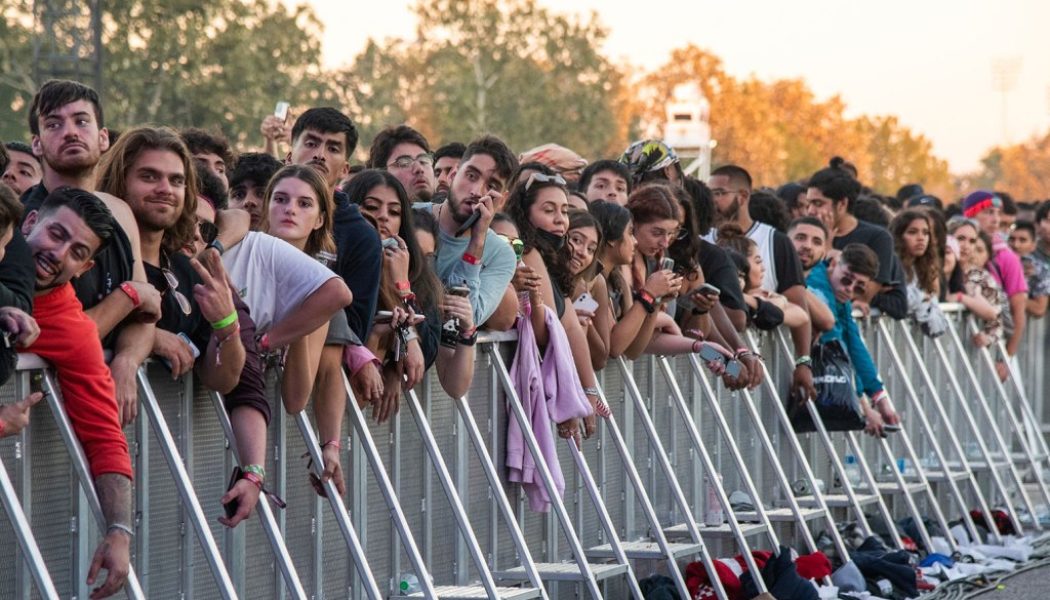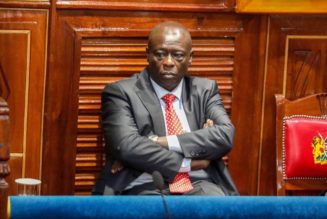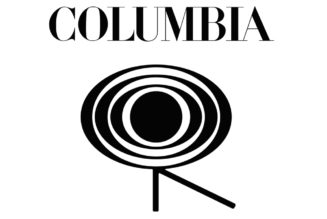
The hundreds of lawsuits filed over the deadly Astroworld music festival will be consolidated into one enormous case, according to a court filing made public Friday (Dec. 3), signaling the start of the next major phase in the sprawling litigation.
Four weeks after a crowd surge during Travis Scott’s Nov. 5 performance left 10 dead and hundreds injured, attorneys for both victims and festival organizers filed a joint petition Friday seeking to combine the cases – 275 and counting — into a so-called multi-district litigation before a single judge.
The two sides reached the agreement because they said such a consolidated proceeding was the best way to handle an enormous, complex legal battle that already involves 1,250 plaintiffs.
“This type of litigation is exactly what the Texas MDL process is designed to address,” the two sides wrote.
The lawsuits over Astroworld accuse concert promotor Live Nation, Scott himself and other festival organizers of legal negligence in how they planned and conducted Astroworld. The cases seek billions and could continue for years into the future.
The kind of consolidation requested Friday is standard procedure in mass injury lawsuits, with the goal of avoiding the inefficiency of individually trying many cases that share key similarities. For example, a similar petition was filed this summer after dozens of guests were sickened by a chemical leak at a Houston-area Six Flags waterpark.
If approved, the move will allow a single judge to oversee and coordinate the cases. It will also allow the two sides to coordinate and streamline complex procedures like discovery – the process of handing over internal evidence to an opponent in litigation. It could also potentially make it easier to negotiate a single settlement to resolve all of the cases.
“Transfer of all of these lawsuits to a single pretrial judge for consolidated and coordinated pretrial proceedings will eliminate duplicative discovery, conserve resources of the judiciary, avoid conflicting legal rulings and scheduling, and otherwise promote the just and efficient conduct of all actions,” Friday’s filing said.
Notably, the filing requested a particular Texas state judge — Judge Lauren Reeder – to oversee the MDL. The parties did not elaborate on why Judge Reeder was their choice.
Of the many law firms that have filed cases on behalf of victims, just a few will now be chosen to lead the consolidated case. Though a judge must approve such picks, leadership in MDLs is usually negotiated by behind closed doors between plaintiff’s firms. Key factors could be experience with such matters; how many victims a firm is representing; or who filed the earliest cases.
If the litigation does not settle, a few individual cases could eventually be tried as so-called bellwether trials – representative cases used in multi-district litigation allow a judge and both sides to assess the strength of the larger case. For instance, a loss in such a bellwether can convince one side to settle, out of fear of a wider loss in the overall litigation.
Friday’s filing is the most accurate current count of the mushrooming litigation – listing 275 lawsuits with more than 1,250 plaintiffs filed in each of Houston’s 24 different district courts. But it stressed that “cases continue to be filed” and that more than 2,500 total potential plaintiffs had retained attorneys thus far.










